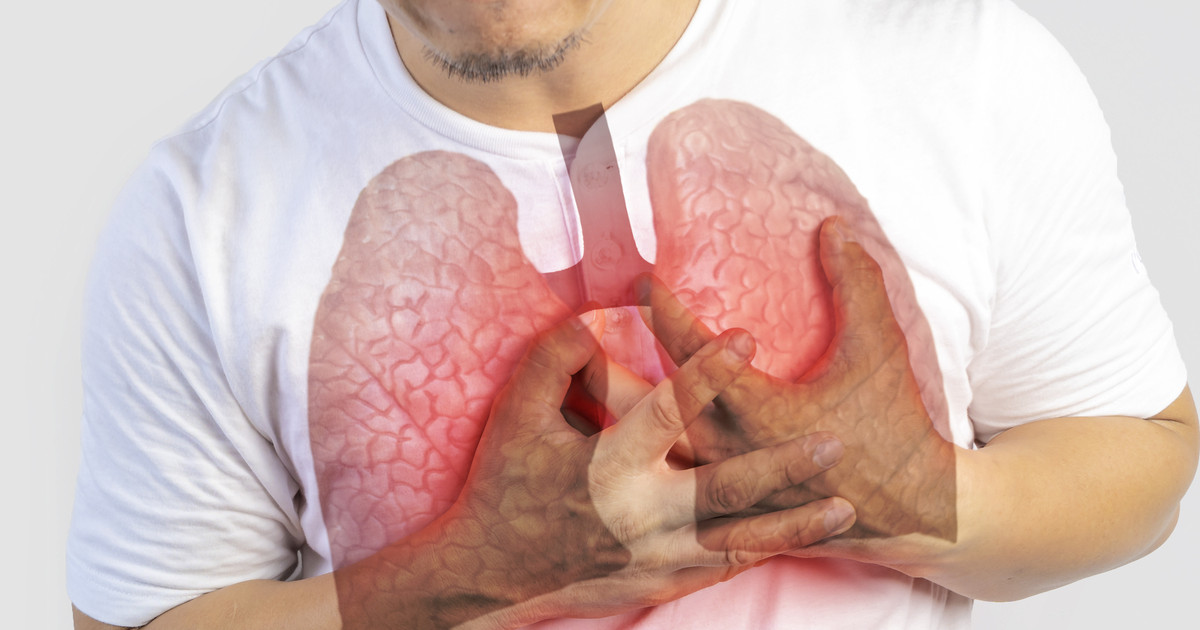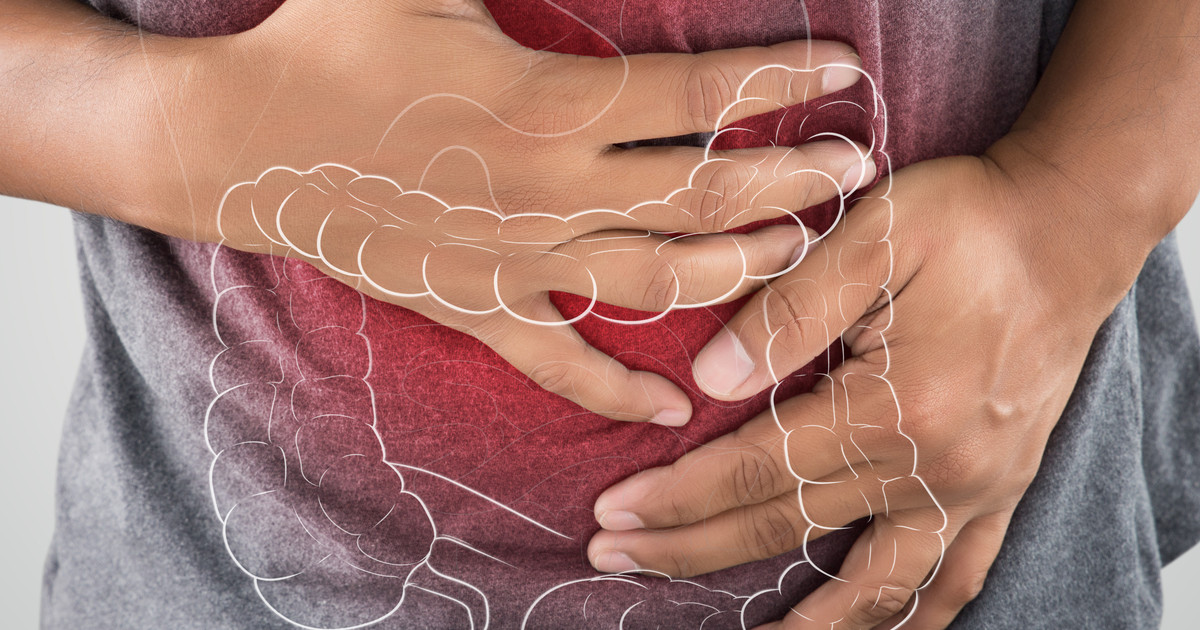Guide To The Most Prevalent Men's Cancers
Everyone knows about cancer. If they haven't had it, they know someone who has! It affects everyone. Men, you need to take care of yourselves. Get regular cancer screenings! Know your family history! If you end up with cancer, there are many, many treatments out there. The standards? For many, it's chemo and radiation. Cancer surgery makes appearances too. But the cure for cancer, the best cancer treatment, depends on what type a man has. Let's learn about the most common!
Prostate Cancer

Everyone knows about prostate cancer. It's a huge, huge part of Movember, after all! This cancer only affects men. Why? They're the ones with a prostate! Men, if you've got prostate cancer, you'll feel the need to pee more often, including peeing at night. There'll be pain while you pee, a weak flow of pee, and even blood in your pee! Many, many men with prostate cancer find they'll have issues with erections, see blood in their semen, and pain in their pelvis and rectum.
Genes play a big role in prostate cancer, as does a man's age, weight, and race. Men, you need regular prostate exams! Once prostate cancer exists, men, you'll need to lose excess weight, get radiation therapy, chemo, hormone therapy, and even surgery. Early treatment for prostate cancer is so, so important! Don't delay anymore if you're concerned, men. Get checked out!
Lung Cancer

Lung cancer is a very, very common form of cancer. Yes, even among men! In fact, it's the leading cause of cancer-related deaths in the US! Men, if you've got lung cancer, you're going to experience chest pain, coughing, hoarseness, and wheezing. Problems swallowing, feeling out of breath, and respiratory infections are so, so common here too! This cancer spread very easily, so make sure you get screened early, men.
But there's good news, there's very good news! Lung cancer treatment is out there. Men, you'll need chemo, radiation, and surgery. Pretty standard! Other options available to you are targeted therapy and immunotherapy. Pull out every weapon you've got! Lung cancer will be gone before you know it.
Melanoma

Melanoma is the most severe type of skin cancer around. And guess what? It's among the most common cancers in men! Everyone knows tanning beds and sunburns are huge, huge risk factors for melanoma. There's no way around it, everyone knows! Skin tone also plays a role. Men, the paler you are, the more at risk you are.
Men, you're going to need to protect yourself from the sun. Wear sunscreen daily and reapply, reapply, reapply. Don't use tanning beds! If you've got melanoma, you need chemo and radiation for treatment. Surgery to remove the moles and affected lymph nodes is so common, so common. Talk to a doctor if you've got an unusual marking on your skin, men! Check yourself out too. It's better to be worried about nothing than to let melanoma slide.
Colon Cancer

Colon cancer is a very, very common cancer. It's considered the most common, in fact! Many, many older men deal with colon cancer, but any man can get it. Older men have to get colonoscopies to check their colon health. Early detection is so, so key! When you've got colon cancer, men, you're going to see diarrhea, constipation, blood in your poo, lots of gas, and weight loss. Your poo won't be the same consistency, and you're going to get lots of cramping in your abdomen. Men, you can rest, there is treatment out there. You'll go through chemo, radiation, and surgery to remove the cancer. Talk to a doctor and develop a plan!
Bladder Cancer

Yes, many men end up with bladder cancer! The most common symptom? Blood in their pee! Men, you're also going to deal with pelvic pain, back pain, and you'll also pee a lot. And we mean a lot! Bladder cancer has many, many triggers. Men, chemical exposure, tobacco, radiation exposure, parasitic infections, and bladder irritation all make you more likely to get bladder cancer. But men, pay attention. If you've got bladder cancer, you'll need radiation therapy and chemo. There are also many surgeries that can help you too! So hold your horses and talk to a doctor. They'll give you the best plan possible!